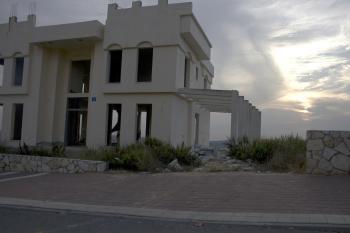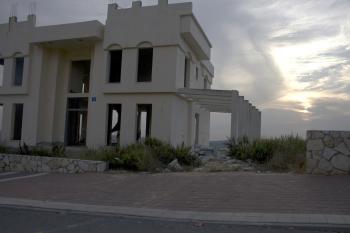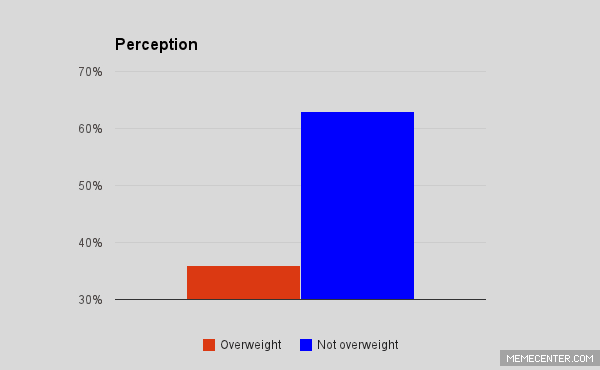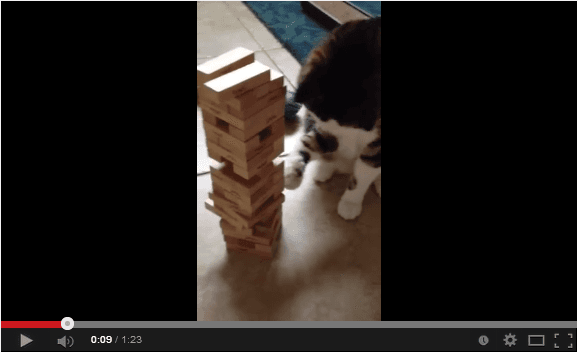Israeli Settlers Leaders Fighting the Building Freeze, Renouncing Violence
Leadership in settlements and public have engaged in decisive action against settlement freeze.
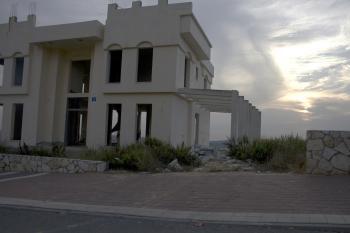
A resident of the settlement Efrat stands on a disputed hilltop next to Efrat that overlooks Bethlehem. Genevieve Long/The Epoch Times
|Updated:
